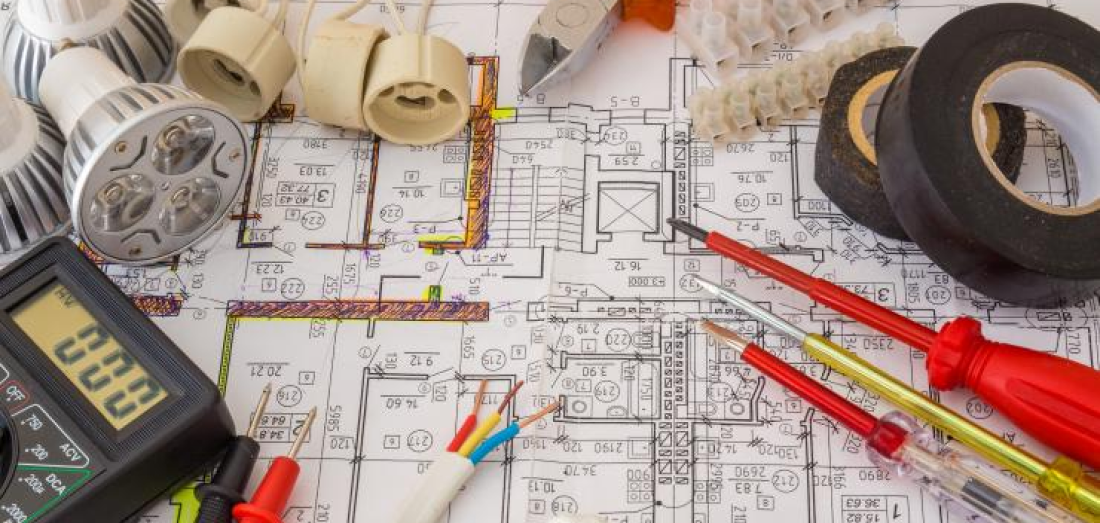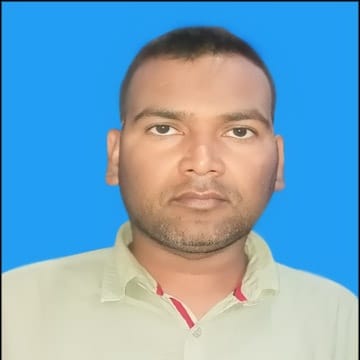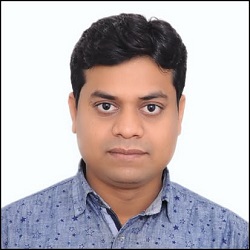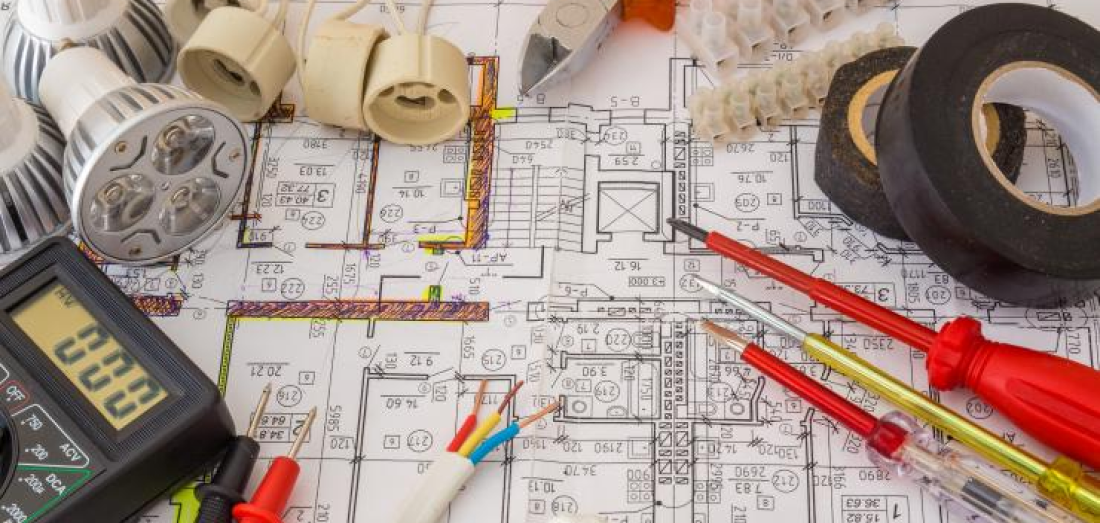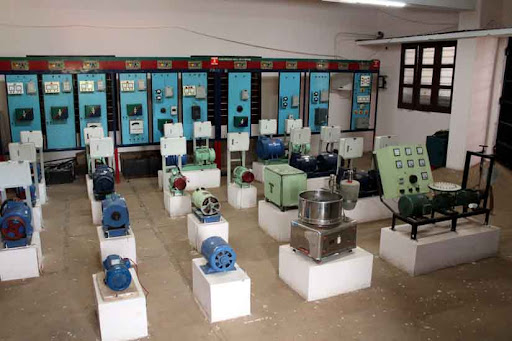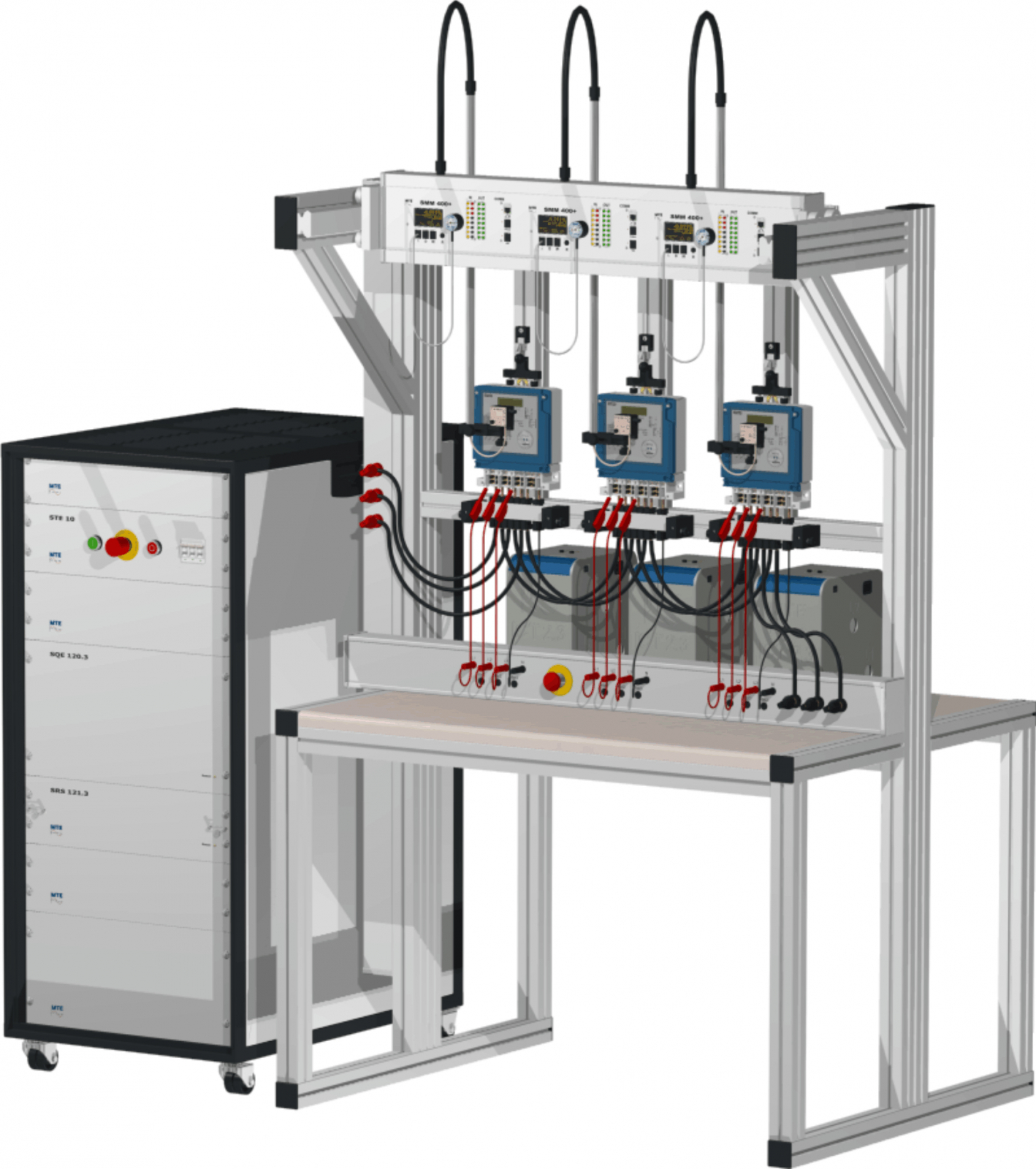Vision
- To improve the curriculum of Electrical Engineering to meet the changing technological needs of industry
- To address the current social concerns and to build an environment which does not compromise safety and quality power
- To contribute effects for the betterment of humankind taking cognizance of greenhouse effect.
